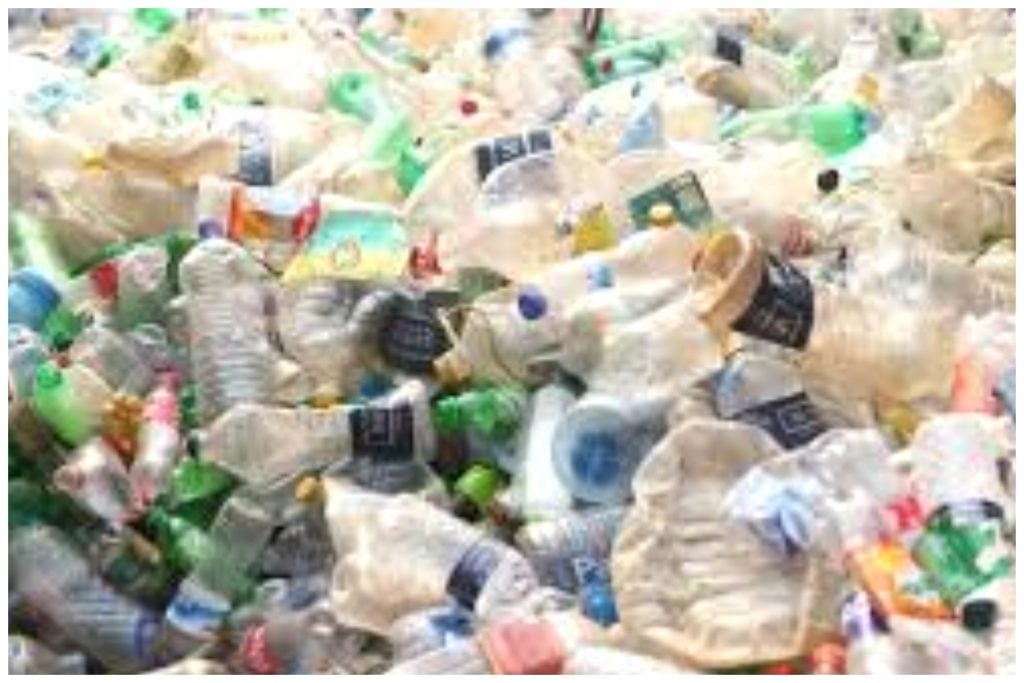Medical and food safety professionals have kicked against the practice of bottling locally made drinks in plastic bottles, noting that it is unsafe for consumption and dangerous to health.
The experts said certain chemicals in plastic bottles can leach from the plastic into the drinks.
They further noted that the practice could also cause all manner of infections that could trigger debilitating medical conditions.
Disclosing this during separate interviews with PUNCH Healthwise, the experts said besides not observing safety protocols during the preparations of such drinks that include zobo, tiger nut, among others, pet bottles, which most times are picked by scavengers at dump sites and from drainages in the country are not reusable.
While speaking with PUNCH correspondent, a food expert, Aina Olugbenga, said the safety of the drinks packed in used plastic bottles cannot be guaranteed.
The Vice Chairman, of the Nigerian Institute of Food Science and Technology, Lagos State chapter, said,
“They are supposed to at best be recycled and not to be reused. Most of the pet bottles that you see in Nigeria are not meant to be reused. But we are reusing them. It is not safe, it is unhygienic.
“I see a lot of them being used package zobo, kunu, and tiger nut drinks and sold but the health implications are so much.
“We can’t guarantee the cleanliness of these bottles. One is that you don’t know who used it last and you don’t know what it was used for, so the cleaning process can’t be guaranteed.”
Olugbenga also said most of the plastic bottles used for packaging the drinks are carcinogenic.
He said, “At the end, they leach into the zobo, kunu, tiger nut drink, or any other content stored inside them. They end up in the body of the consumers and become a toxin inside the body.
“So, this practice must be discouraged as much as possible. We should let them know that these bottles are not reusable. All these pet bottles are single-use bottles.”
According to him, the bottles are supposed to be disposed of after use, adding, “At best, the only thing that they can do is to recycle it. There is a difference between reusing and recycling.
“Reusing means you can still sore something in it, but most of these bottles are not reusable. Recycling means that the bottle is crushed and used for another purpose entirely. So, let us as much as possible discourage the practice. Those into the production of those local drinks should find other means of bottling their products.”
The food expert also cautioned that using bottles picked from the streets was not safe.
“There are some things that we can’t see with our eyes, they are called microorganisms. Those microorganisms are there and when they are bottled with the drinks, the buyer ( consumer) will drink them and when it goes into the body, it becomes toxic to the body.
“When it builds and accumulates in the body, over time it can destroy internal organs like the kidney, which can lead to death.”
Speaking also, a Public Health Physician, Dr. Omobolanle Johnson, told our correspondent that there are lots of health risks associated with the bottles themselves, and leaving them in the sun over time could be dangerous to health.
Johnson, who is the Secretary Medical Women’s Association of Nigeria, Lagos State chapter, said not only are the bottles not properly washed but are mostly picked in all manner of unhealthy places.
The public health expert said the bottle might have aflatoxins due to poor storage, warning that it is dangerous to the liver and kidney health.
Expressing further concern about the drinks, the physician said, “For the person making the drink, it is just about the money. They don’t have any training in food safety. So, consumers are exposed to various health risks ranging from viral to bacterial infections.
“Again, what type of water are they using? With poor water, you can get all manner of diseases. Many of them do not have training in producing these drinks.
“Hazards from the point of accessing the material to the point of consumption should be examined. There should be quality control measures. All food should be regulated in Nigeria. ”
In a 2019 article published by Harvard Medical School, the authors said studies have shown that certain chemicals in plastic can leach out of the plastic into the food and beverages that we eat.
“Some of these chemicals have been linked to health problems such as metabolic disorders (including obesity) and reduced fertility.
“This leaching can occur even faster and to a greater degree when plastic is exposed to heat. This means you might be getting an even higher dose of potentially harmful chemicals simply by microwaving your leftovers in a plastic container,” the authors stated.









